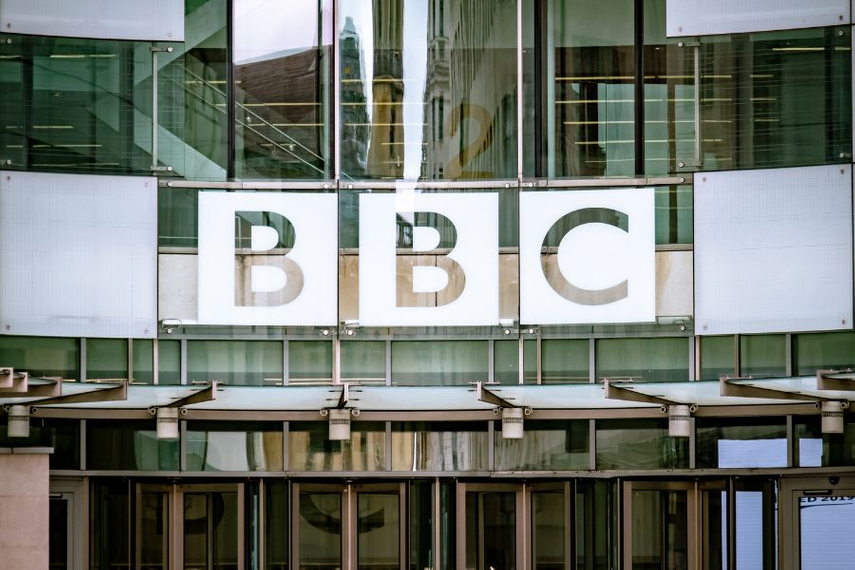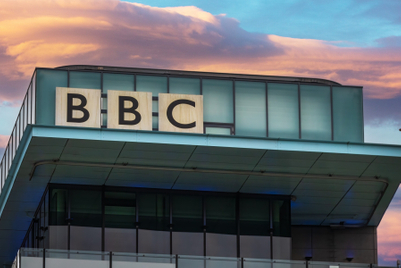
The move comes a year after BBC India's offices were searched by authorities in a high-profile incident that saw tax officials conducting extensive raids across the BBC's offices in Delhi and Mumbai. This action came on the heels of the broadcaster's airing of a documentary that critically examined Prime Minister Modi's role in the 2002 Gujarat riots, prompting a swift reaction from the Indian government. Despite official statements dismissing any direct link between the documentary and the raids, the timing and nature of the actions led to widespread speculation about their true motivations.
The British broadcaster has separated its news operations from content production and spun off a separate Indian-owned subsidiary, named the Collective Newsroom, to look after the latter. This significant organisational shift allows the BBC to navigate the landscape of India's foreign investment policies while maintaining its commitment to journalistic integrity and the vast Indian audience it serves.
Collective Newsroom has been founded by four BBC staffers, who bring with them a wealth of experience and an understanding of the BBC's editorial values. This new entity is poised to become a major player in the Indian media landscape, with the autonomy to produce content for a variety of platforms and partners, both within India and globally.
Before the split, the BBC had 300 journalists in India, 90 of which are expected to remain on the rolls of BBC’s UK branch. The rest will be absorbed by the new entity, which will also be able to produce content for other news providers in India and globally, BBC being one of them.
The BBC’s news gathering team in India will generate content for its English language digital, television and radio outlets headquartered in London. The Hindi service, along with Marathi, Gujarati, Punjabi, Tamil, and Telugu—as well as a YouTube channel, BBC News India in English—will fall under Collective Newsroom’s domain. This strategic division ensures that the BBC can continue to offer its Indian audience a diverse array of content, reflecting the vast linguistic and cultural diversity of the country.
According to BBC's release, the corporation will remain ‘committed’ to the country where it has an average weekly audience of 82 million people across its English and languages output. The BBC intends to hold a 26% stake in Collective Newsroom, allowing it to maintain significant independence from the parent broadcaster, while also compiling with India’s FDI norms.


.jpg&h=334&w=500&q=100&v=20250320&c=1)

.jpg&h=334&w=500&q=100&v=20250320&c=1)
+(1).jpg&h=334&w=500&q=100&v=20250320&c=1)


.jpg&h=334&w=500&q=100&v=20250320&c=1)





.jpg&h=268&w=401&q=100&v=20250320&c=1)
.jpg&h=268&w=401&q=100&v=20250320&c=1)



.jpeg&h=268&w=401&q=100&v=20250320&c=1)